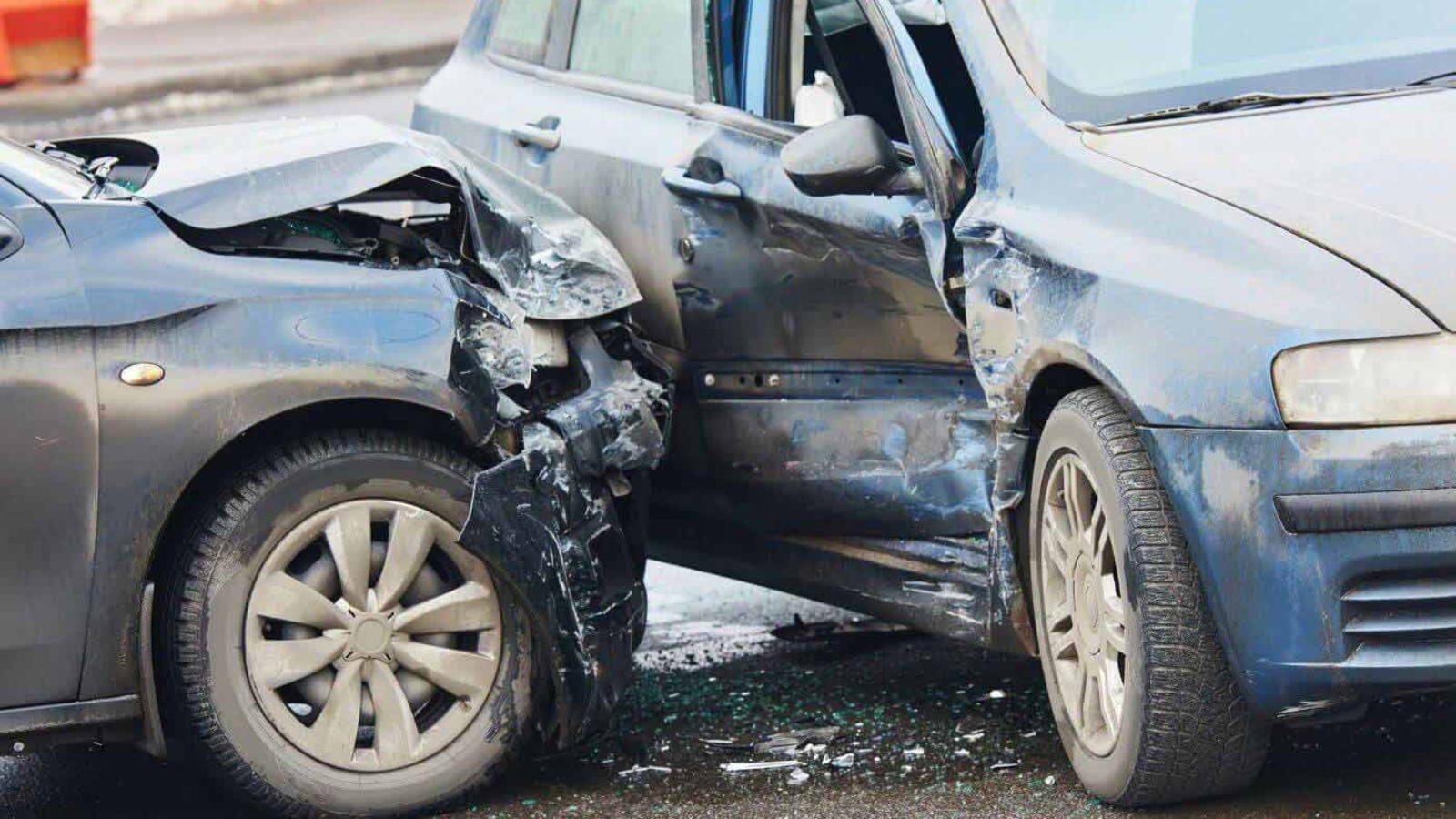WHAT TO DO IN EDMONTON IF YOU ARE INVOLVED IN A CAR ACCIDENT
The majority of people do not intend to be rear-ended or t-boned while en route to the store or to pick up their children from school. Unfortunately, auto accidents do occur. The carelessness of another driver behind the wheel cannot be predicted or controlled, no matter how cautious and diligent someone may be.
So, after being involved in a car accident, what should you do—and what should you avoid doing?
Immediately Following a Car Accident: What to Do
Some of the actions that ought to be taken right away following a car accident in Alberta include the ones listed below:
- Period. You could face criminal charges if you cause an accident with your car but continue to drive.
- Inform the authorities if any of the following has happened:
- Someone has been hurt. Call 911 to report any injuries, and an emergency response team will be dispatched to the scene of the accident.
- The total amount of damage to all the involved vehicles is visible.
- You believe that any of the other drivers involved has committed a crime under the Criminal Code. One of these is operating a vehicle while intoxicated.
- Make sure to adhere to the emergency operator’s instructions. Police will show up as soon as they can. Never attempt to move someone who has been injured in a collision. This might make their wounds worse.
Notify a collision reporting center within 24 hours of the collision if no one is hurt and the total amount of damage to all the vehicles involved appears. You must fill out an accident report at your neighborhood police department. This report, which must be finished a few days after the accident and before you seek vehicle repair, will be used as your legal account of what transpired.
- Exit your car if it is safe to do so.
- When it is safe to do so and there are no injuries, move your car to the side of the road so it is away from oncoming traffic. Use cones, warning triangles, or flares as necessary if your car isn’t drivable. Also, turn on your hazard lights.
- Enter as much information about the accident as you can. Your smartphone is a useful tool for carrying out this task. Exchange contact details with the other driver before you drive away from the accident scene. Snap a photo of the other vehicle’s license, registration, insurance, and any damage to the vehicle.
- After the accident, get in touch with your insurance provider as soon as you can. Tell them what happened, then request their advice on what to do next. Typically, you will require two claim numbers—one for the repair of your vehicle and another for a claim for personal injuries.
The Things You Should NOT Do Right Away After a Collision
- Do not voluntarily accept responsibility, liability, or make statements of fault;
- Do not accept payment from the at-fault driver or discuss any settlement;
- Do not forget to notify the police and your insurance provider about the collision;
- Stay at the scene of the collision and exchange information with the driver of the other vehicle before leaving.
- Do not hesitate to get in touch with our office to schedule a free consultation to go over the next steps.
What Happens to My Broken Car?
You might be able to get your car fixed or replaced through your own insurance company if you have vehicle collision coverage through them.
The process is typically fairly simple, and the adjuster from your own insurance company will assist you in this.
However, you will have to deal with the at-fault driver’s insurance provider if you do not have coverage through your own insurance provider. To protect your rights and make sure you are fairly compensated for your property damage, it is generally best to let your attorney handle your claim at this point.
What Happens If My Injuries Don’t Get Better Quickly or If They Affect My Ability to Earn Money?
Contact our office right away to schedule a FREE consultation if you were hurt in a car accident for no fault of your own.
We would be happy to assess your situation and make the appropriate referrals.
It is crucial that you refuse any advice from the insurance provider of the party who caused the accident and do not sign any paperwork they give you.
Don’t believe them when they say your wounds are “minor injuries”!


Add a Comment